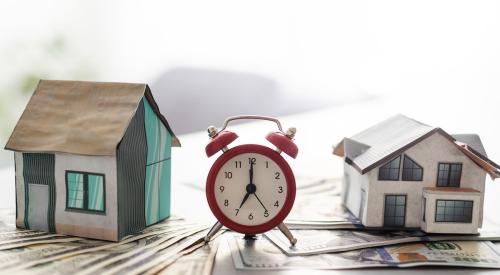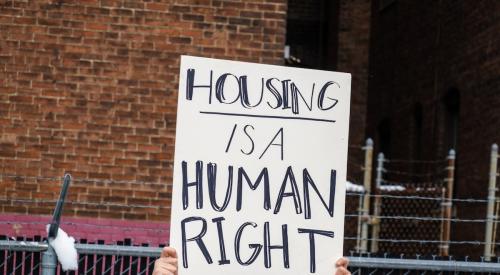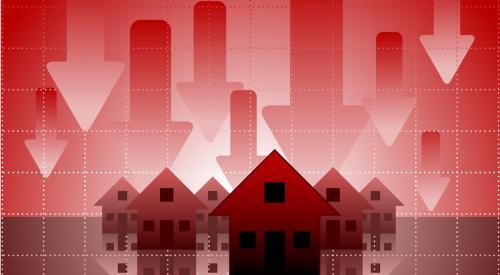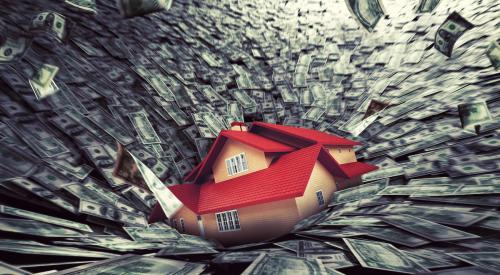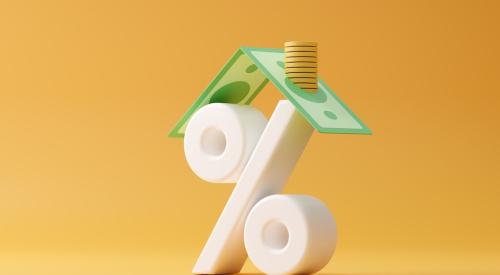Buying a home in today's market seems, to many Americans, a nearly impossible pursuit amid record-high home prices and rising mortgage rates, but according to Realtor.com, buyers in the early 1980s faced an even more challenging market. In 1981, buyers spent a staggering 51.3% of their household income on mortgage payments alone, compared with the current average of 32.8%.
Similar to 2023, inflation in the early '80s was soaring, forcing the U.S. Federal Reserve to hike interest rates to slow home sales. But as was the case in 1981, buying a home in today’s recession may actually be financially advantageous in the long-term.
As counterintuitive as this may seem, recessions may be financially advantageous for buyers to purchase homes—if they remain employed and have the funds to do so. That's because interest rates usually (but not always, as the early 1980s demonstrated) fall during economic downturns. That makes homebuying more affordable.
Over the past 50 years, homes were the most affordable as the country climbed out of the Great Recession. In early 2012 and 2013, buyers were spending about 14%—or less—of their income on a home. That's because mortgage rates were below 4%.

